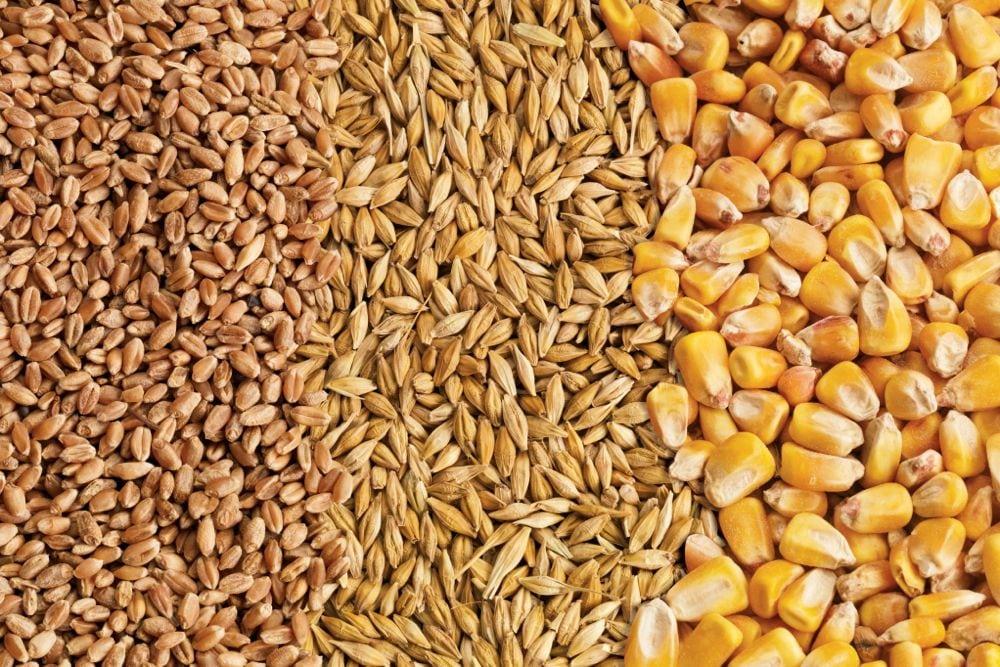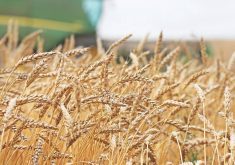A team of university researchers from across Canada has picked up funding to study ways to make automotive bumpers and running boards using fibres from crops such as corn and wheat.
University of Guelph plant agriculture professor Amar Mohanty and Mohini Sain of the University of Toronto will co-lead the project, which gets $620,000 from the national Networks of Centres of Excellence (NCE) program.
The project will also include U of G engineering professor Manju Misra; Chul Park of the University of Toronto; John Kadla of the University of British Columbia; and Bohuslav Kokta, from the Universite du Quebec a Trois-Rivieres.
Read Also

Feed Grains Weekly: Domestic prices remain flat
Although there has been some upward movement in feed grain prices, particularly in Alberta, it’s not domestic demand that’s pushing them higher, said Jim Beusekom, president of Market Place Commodities in Lethbridge on Feb. 19.
The team is to focus on making car-part prototypes from a “green” plastic and natural and bio-based fibres. Specifically, it aims to develop a “greener” car bumper and a running board, substituting renewable and recyclable engineered composites for the petroleum-based materials now used in the auto sector.
“Biomaterials use less energy, which reduces greenhouse gas emissions substantially and will further reduce our dependence on petroleum,” Mohanty said. “It will also help provide additional uses and new markets for the agriculture and manufacturing industry.”
Prototype parts are to be engineered at the U of G’s Bioproducts Discovery and Development Centre, which opened last fall for the engineering of new industrial crops and biomass that can be turned into green composite materials and exploring uses from car parts and building materials to sustainable packaging. The centre is also studying ways to develop biofuels from biomass.
The centre, which Mohanty directs, includes injection and compression moulding equipment that can form items such as car bumpers and instrument and door panels.
Misra’s interest is in fabricating high-strength biofibres based on composite materials, with research work still to be done in this field to ensure product consistency and uniformity, she said in a U of Guelph release. “We’re working on chemistry and engineering to reduce this hurdle.”
Her focus is on integrating nanotechnology with biomaterials, which she described as “the smartest pathway to discovering green products of improved and competent performance.”
The U of G-based project is one of 20 nationwide expected to benefit from a $10 million NCE investment announced Thursday. The support includes money from Auto 21, the country’s national automotive research network, plus “external funding” from industry partners.

















